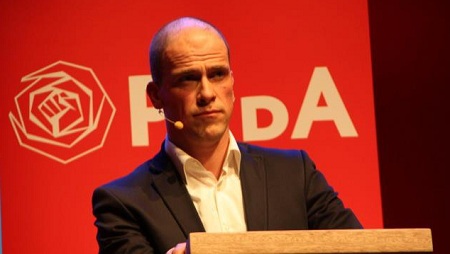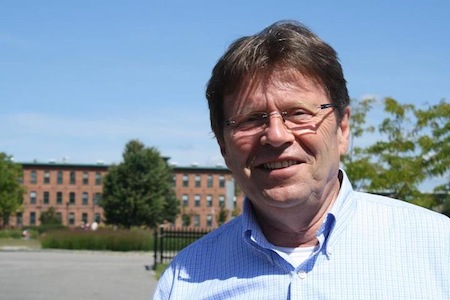
When Dutch voters tune into tonight’s debate — the second in advance of the September 12 parliamentary election — they will be watching closely the man who was deemed to be the winner of last week’s debate.
That’s Diederik Samsom, the leader of the social democratic Partij van de Arbeid (PvdA, the Labour Party), is riding a wave of popularity, with Labour rising very narrowly in the polls and with indications that Dutch voters may be giving Samsom his first real look as they contemplate doubts about Emile Roemer, the popular leader of the Socialistische Partij (SP, the Socialist Party).
A former Greenpeace activist who once studied nuclear energy and physics, Samsom has been a Labour member of the Tweede Kamer, the lower house of the Dutch parliament, since 2003, and has served as the party’s spokesperson for environmental issues. Hailing from the left branch of the Labour Party, Samsom opposed extending the Dutch military presence in Iraq in 2004 in defiance of much of his own party.
The Labour Party currently holds the second-largest number of seats in the Tweede Kamer — 30 seats to 31 for the party of prime minister Mark Rutte, the the Volkspartij voor Vrijheid en Democratie (VVD, the People’s Party for Freedom and Democracy).
Many Dutch voters appear ready to reject Rutte’s brand of austerity, which would normally leave Labour well-placed for the elections. Instead, Labour has watched as Roemer and the Socialists bounded to the top of the polls, tied or even leading Rutte’s VVD. Continue reading Who is Diederik Samsom? A look at the newest party leader in the Netherlands →

